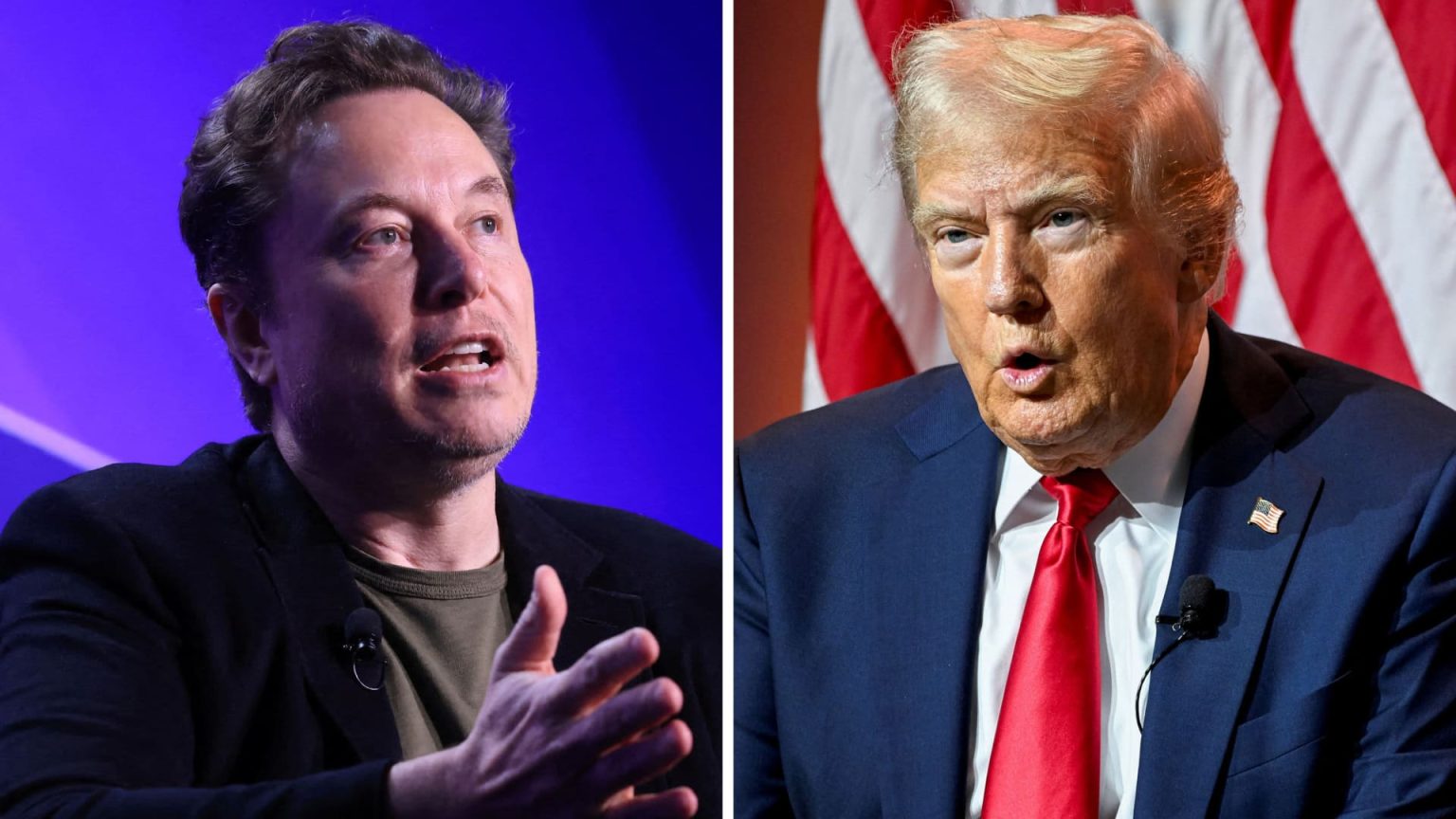Former President Donald Trump announced in an interview that he would consider offering Tesla and SpaceX CEO Elon Musk a Cabinet position or advisory role in his administration if he wins a second term in the White House. Trump mentioned that he would be open to having Musk on board “if he would do it.” This potential move comes as Trump also mentioned he would consider eliminating a $7,500 tax credit for certain new electric vehicles, a decision that could impact businesses like Tesla, which relies on these incentives to sell electric vehicles. Trump stated that he believes tax credits and incentives are not typically beneficial.
The news of potentially appointing Elon Musk to a Cabinet position or advisory role intersects with the relationship between Musk and Trump. Musk endorsed Trump in July, shortly after the former president narrowly escaped an assassination attempt at a campaign rally in western Pennsylvania. This endorsement from Musk, a prominent figure in the tech and space industries, could influence Trump’s decision-making regarding matters related to technology, innovation, and transportation. Despite their differing views on tax credits and incentives, the alignment of these two figures could indicate a potential collaboration on key policies if Trump wins a second term in office.
As Trump prepares for the upcoming election, he is set to face Vice President Kamala Harris, the Democratic nominee, in November. The contrast between the two candidates and parties in terms of policies, values, and priorities could significantly impact the decisions made regarding potential Cabinet appointments and advisory roles in the next administration. Trump’s consideration of Elon Musk for a key position demonstrates his willingness to bring in individuals from diverse backgrounds and industries to contribute to his administration’s goals and objectives. The prospect of having someone like Musk, known for his innovative approaches and entrepreneurial spirit, could signal a shift in how technology and innovation are prioritized in a potential Trump administration.
The potential elimination of the tax credit for certain new electric vehicles, as mentioned by Trump, highlights the complexities surrounding environmental and economic policies. While incentives like tax credits play a role in promoting the adoption of clean energy technologies, their effectiveness and impact on businesses like Tesla are subject to debate. Trump’s stance on this issue reflects his broader approach to economic policies and regulations, which often prioritize free markets and limited government intervention. The implications of these policies, if implemented, could affect the future of the electric vehicle industry and the transition to more sustainable transportation options.
The dynamic nature of the relationship between Elon Musk and Donald Trump underscores the interconnectedness of politics, business, and innovation in modern society. As key figures in their respective fields, Musk and Trump have the potential to influence the direction of policies and initiatives that shape industries like technology, space exploration, and transportation. Their collaboration, if it comes to fruition, could lead to advancements in areas such as infrastructure, renewable energy, and technological innovation. The upcoming election and potential changes in leadership will likely impact the trajectory of these industries and the extent to which private sector leaders like Musk are involved in shaping government decisions.
In conclusion, the possibility of Elon Musk joining Donald Trump’s administration in a Cabinet role or advisory position reflects the intersection of politics and business in shaping policy decisions. Trump’s consideration of Musk, his endorsement, and their differing views on tax credits for electric vehicles highlight the complexities of policy-making in areas like technology and innovation. As the election approaches, the contrast between Trump and Kamala Harris as candidates underscores the potential for significant shifts in priorities and approaches to key issues. The impact of potential policy changes, such as the elimination of tax credits, on industries like electric vehicles underscores the importance of balancing economic considerations with environmental goals. The collaboration between Musk and Trump, if realized, could potentially have far-reaching implications for technology, innovation, and government-industry partnerships.


